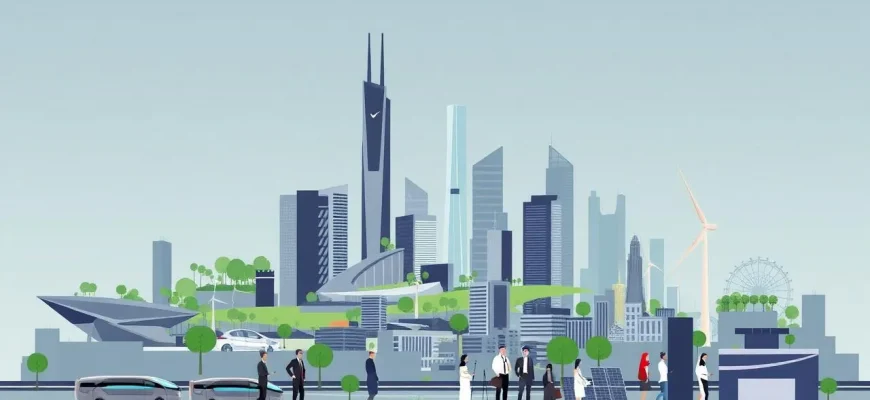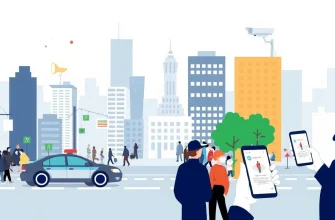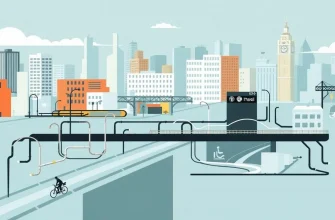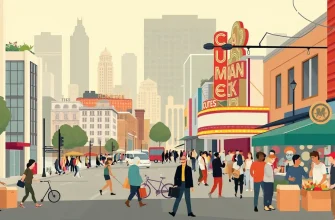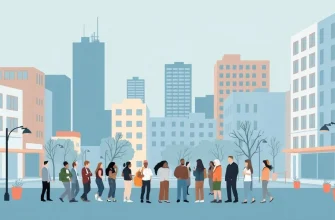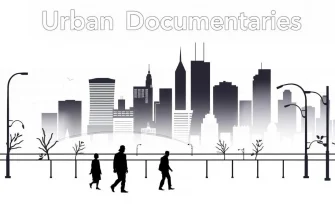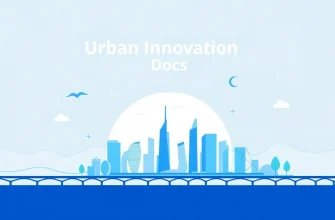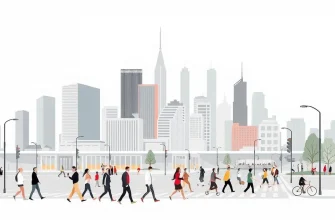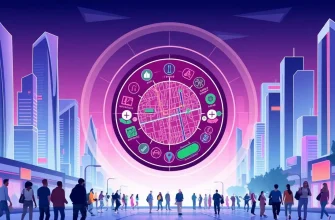In an era where urban landscapes are evolving at an unprecedented pace, understanding the future of cities is more crucial than ever. This curated list of documentaries delves into the challenges and innovations shaping urban environments. From sustainable architecture to social dynamics, these films offer a glimpse into what our cities might look like in the decades to come, providing valuable insights for urban planners, architects, and anyone fascinated by the future of human habitation.

Urbanized (2011)
Description: Directed by Gary Hustwit, this documentary examines the design of cities and the role of urban planning in shaping our future. It features interviews with architects, planners, and policy makers from around the world.
Fact: The film was part of Hustwit's design trilogy, following "Helvetica" and "Objectified."
 Watch Now
Watch Now 
Tomorrow (2015)
Description: "Tomorrow" travels the world to find solutions for sustainable urban living, focusing on agriculture, energy, economy, democracy, and education. It's an optimistic look at how cities can adapt to future challenges.
Fact: The film was inspired by the birth of the director's daughter, prompting a search for a better world for future generations.
 Watch Now
Watch Now 
The Age of Stupid (2009)
Description: Set in the future, this film looks back at the early 21st century to understand why humanity failed to address climate change, with a focus on urban development and its environmental impact.
Fact: It was the first carbon-neutral film ever made, offsetting all carbon emissions from its production.
 Watch Now
Watch Now 
The Human Scale (2012)
Description: This film explores how cities can be designed with human needs in mind, focusing on the work of urbanist Jan Gehl. It's a must-watch for understanding the potential of urban spaces to enhance human life.
Fact: The film was shot in cities like Copenhagen, New York, and Melbourne, showcasing diverse urban environments.
 Watch Now
Watch Now 
The Pruitt-Igoe Myth (2011)
Description: This documentary looks at the rise and fall of the Pruitt-Igoe housing project in St. Louis, offering lessons on urban planning, social policy, and the impact of architecture on community life.
Fact: The demolition of Pruitt-Igoe is often cited as a symbol of the failure of modernist urban planning.
 30 Days Free
30 Days Free 
The World Before Her (2012)
Description: This documentary juxtaposes the lives of two young Indian women, one training for the Miss India pageant and the other in a Hindu nationalist camp, exploring the future of women in urban India.
Fact: It won the Best Documentary Feature at the Tribeca Film Festival.
 30 Days Free
30 Days Free 
The City Dark (2011)
Description: Exploring the effects of light pollution on cities, this film delves into how darkness can be beneficial for both human health and wildlife, advocating for smarter urban lighting solutions.
Fact: The film was screened at numerous film festivals and won the Best Documentary Feature at the Woodstock Film Festival.
 30 Days Free
30 Days Free 
Urban Roots (2011)
Description: This documentary follows the story of urban farming in Detroit, showing how community gardens can revitalize neighborhoods and provide sustainable food sources in urban environments.
Fact: The film highlights the transformation of vacant lots into vibrant community spaces.
 30 Days Free
30 Days Free 
The Garden (2008)
Description: "The Garden" documents the battle of South Central Farm in Los Angeles, where a community garden became a symbol of urban green space and community resilience against development pressures.
Fact: The film was nominated for an Emmy Award for Outstanding Investigative Journalism.
 30 Days Free
30 Days Free 
The Power of Community: How Cuba Survived Peak Oil (2006)
Description: While not exclusively about urban futures, this film showcases how Cuba adapted to an energy crisis, offering insights into urban agriculture and community resilience in times of scarcity.
Fact: The film has been used in educational settings to discuss sustainable urban living.
 30 Days Free
30 Days Free 
